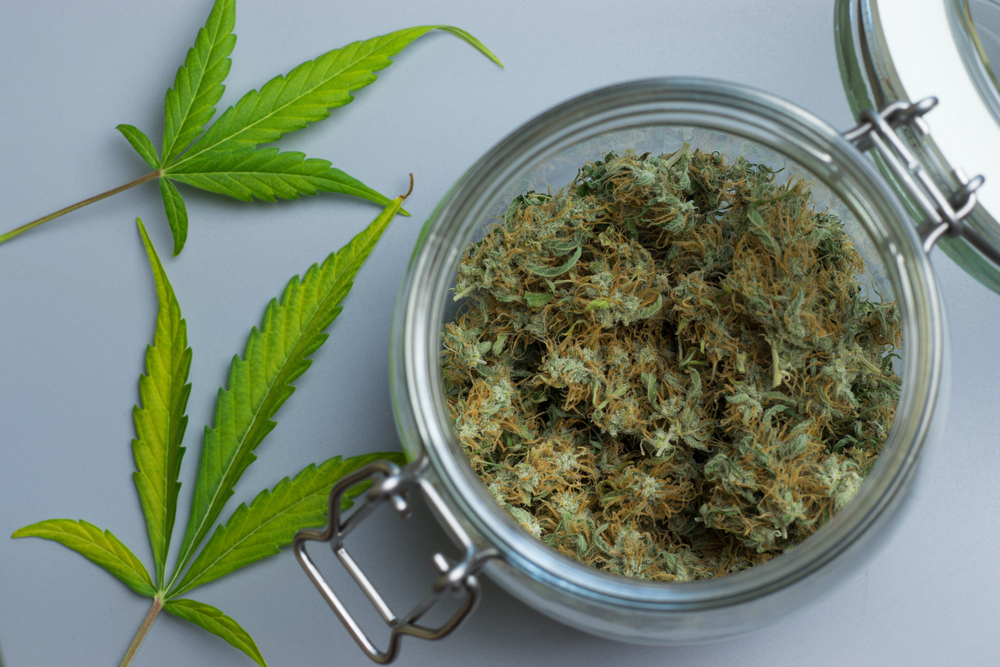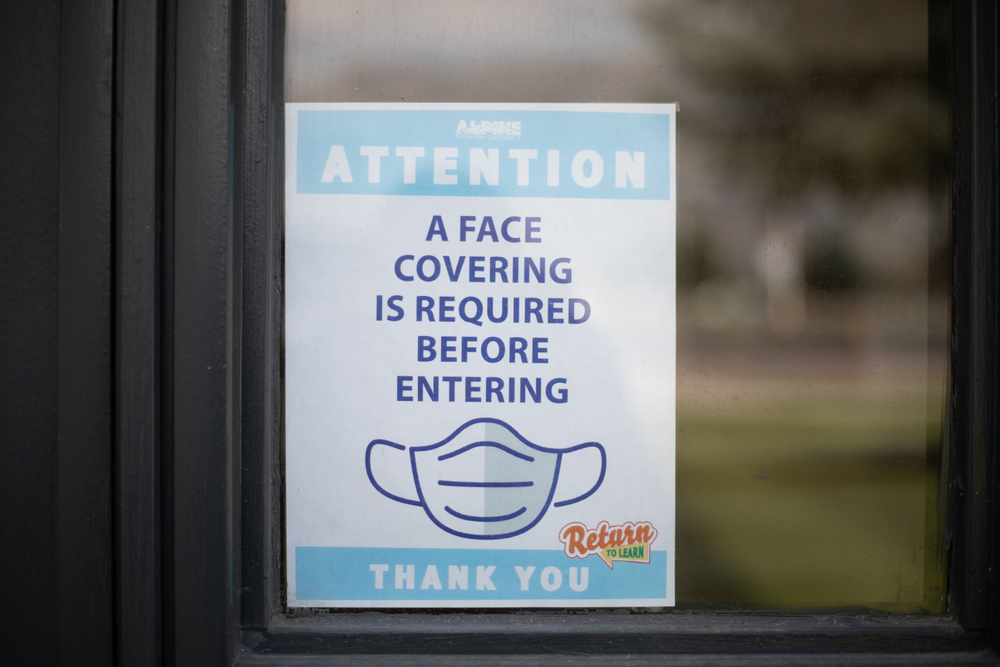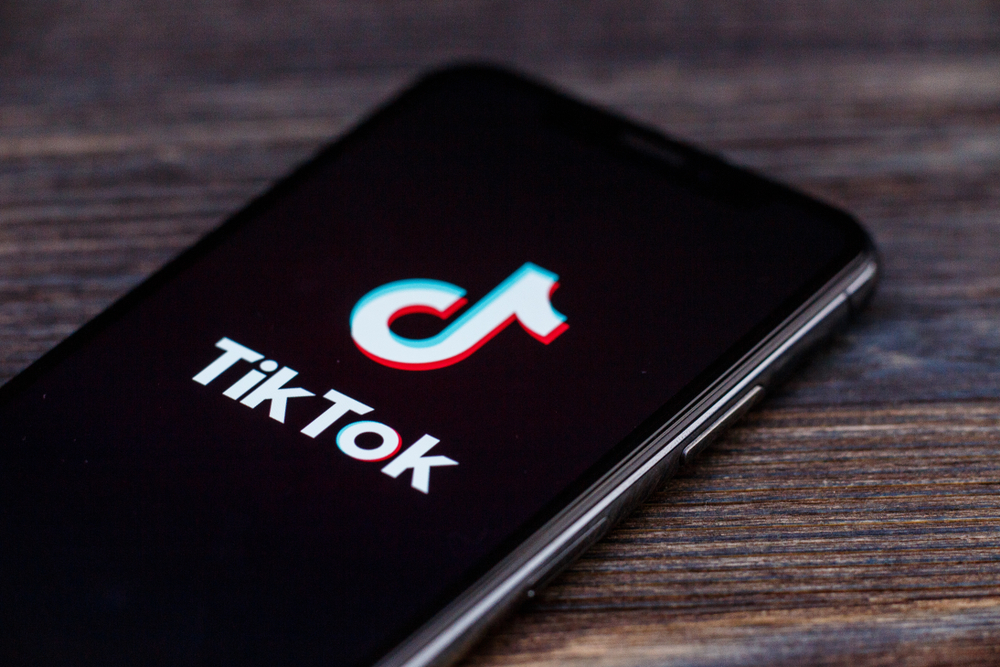In 1969, when the Pew Research Center began polling Americans about marijuana, a massive majority of respondents — 84% — thought the drug should be illegal.
But 50 years later, American culture has shifted dramatically: Nine in 10 Americans now believe marijuana should be legal in some form, either for medicinal or recreational use. And over the past three decades, state laws have gradually allowed for the decriminalization or legalization of marijuana.
According to Paul Armentano, Deputy Director at the National Organization for the Reform of Marijuana Laws (NORML), 32 states and Washington, D.C. — plus Puerto Rico, Guam, the Virgin Islands, and the Commonwealth of the Northern Mariana Islands — regulate marijuana for medical use. Voters in Mississippi and South Dakota will consider medical use ballot initiatives in November. The Nebraska secretary of state’s office is currently reviewing 182,000 signatures in favor of a medical marijuana ballot question.
Public opinion is overwhelmingly on the side of more liberal marijuana laws. A Pew poll from September found that nearly 60% of Americans support legalization for both medicinal and recreational use. An additional 32% support just medical legalization. That’s a dramatic shift from 30 years ago, when a 1989 poll found 81% of Americans said marijuana should be illegal.
RELATED: Equal Rights Amendment lies in legal limbo, as decades of debate continue
RELATED: The Constitution’s ignored stepchild: the Third Amendment
Recreational use of the drug is on the ballot in Arizona, Montana, New Jersey and South Dakota this fall. Already 11 states, Washington, D.C., Guam and the Mariana Islands have legalized the possession or cultivation of marijuana for adult recreational use. Because the District of Columbia has to contend with federal oversight, it does not have a framework for a market or regulations for the sale of cannabis. In D.C., it’s still illegal to exchange goods or services for pot.
Armentano said Vermont has a similar policy, where possession is allowed but sale is not, because the legislature, which was working on structuring that marketplace, ended early because of the pandemic. But, he said, Vermont will likely continue to take up the structure of sales when the legislature reconvenes this month.
Federal laws remain stricter
The District’s special situation also highlights a unique aspect of state regulation: The drug is still considered a Schedule I controlled substance by the federal government, in “that it has a high potential for abuse, no currently accepted medical use in treatment in the United States, and a lack of accepted safety for use under medical supervision,” according to the Drug Enforcement Administration’s website.
The most recent version of the DEA’s “Drugs of Abuse” resource guide explains: “Although some states within the United States have allowed the use of marijuana for medicinal purpose, it is the U.S. Food and Drug Administration that has the federal authority to approve drugs for medicinal use in the U.S. To date, the FDA has not approved a marketing application for any marijuana product for any clinical indication.”
Consequently, taking marijuana across state lines is still federally prohibited, even if it’s legal in one state. Transporting less than 50 kilograms (about 110 pounds) across state lines can result in a felony sentence of five years in prison and a fine of up to $250,000. Even possession, if federally charged, can result in a three-year sentence or a $5,000 fine.
Armentano says that might change, depending on the results of November’s presidential election. President Donald Trump’s administration hasn’t devoted much focus to marijuana policy, and Armentano says there’s no indication it would move to change federal laws.
“This administration rarely, if ever, talks about marijuana and when they do it’s in a fairly derisive tone,” Armentano said.
Election could change federal view
But if former Vice President Joe Biden wins the election, federal marijuana policy might undergo a dramatic shift. Biden’s recommendations to the Democratic Party for its platform include decriminalizing marijauna use and rescheduling the drug through executive action. He also supports the legalization of medical marijuana, thinks recreational use should be decided on a state level and believes “all past criminal convictions for cannabis use should be automatically expunged.”
Expungement is another area where state laws vary wildly. In some states, like Alaska and Maine, marijuana is legal for recreational use but past criminal convictions, which disproportionately affect Black and Hispanic populations, remain on people’s records.
“That’s the sort of thing that surprises people. They think, ‘Well we made it legal, they must have expunged all those convictions,’” Armentano said. “No. That wasn’t part of the law. That had to take place retroactively through the passage of additional legislation.”
In seven states with legal recreational use, seven others with medical use, and Virginia, convictions are being expunged, vacated or sealed. And prosecutors in major cities like Philadelphia, Baltimore, St. Louis, Nashville, and Austin, among others, have said they’ll no longer prosecute low-level marijuana offenses.
In addition to the 11 states (plus D.C.) where marijuana is legal, 16 states have decriminalized possession of the drug. That generally means no arrest, charges or prosecution for possessing a small amount of the drug.
“In most decriminalized states, these offenses are treated like a minor traffic violation,” explains NORML’s website.
States and cities are also beginning to consider legislation reducing or eliminating pre-employment drug screening for marijuana. Proponents argue testing can penalize candidates engaging in personal behavior — especially in states where recreational use is legal, like Nevada.
As more states consider decriminalization, legalization and expungement, Armentano said over his 25-year-career he’s seen “dramatic” change in public opinion and policy. When he began work on marijuana policy, former U.S. Attorney General Jeff Sessions, then Alabama attorney general, supported state legislation to consider the death penalty for marijuana importers and traffickers.
Today, public support for legalization is high.
“That includes majority support from self-identified Republicans, Democrats and Independents,” Armentano said. “So really the only place we see the partisan divide anymore in marijuana policy is in elected officials, particularly at the federal level. The American public has clearly made their decision on this issue.”












